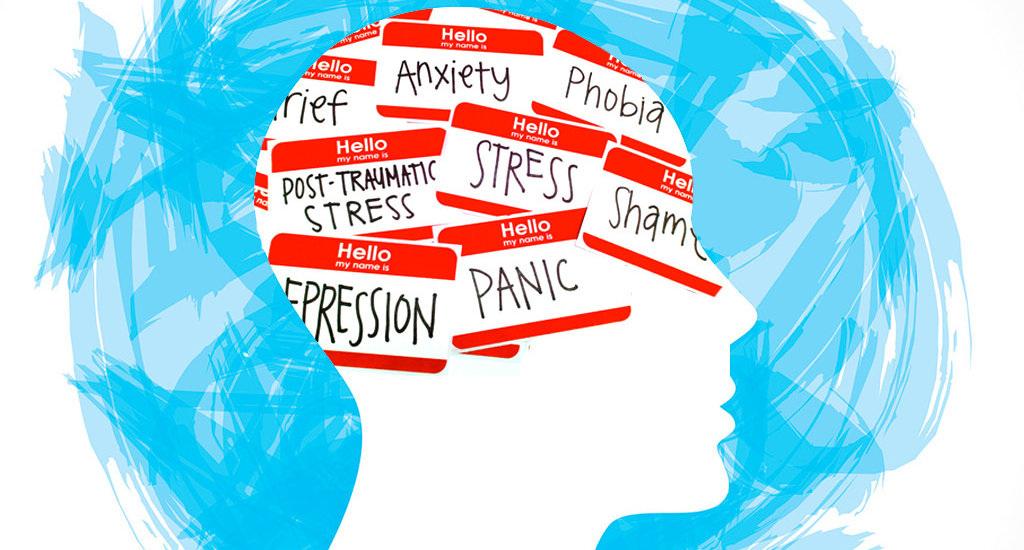Stop overthinking and take control of your thoughts to find peace and clarity in your life. Overthinking can feel like a never-ending cycle of worry, doubt, and second-guessing, leaving you mentally exhausted and emotionally drained. While it’s natural to analyze situations, excessive overthinking can lead to stress, anxiety, and even decision paralysis.
The good news is that you can break free from this habit. By following these 8 practical steps, you can learn to stop overthinking and create space for calm and peace in your mind.
1. Recognize When You’re Overthinking
The first step to stop overthinking is to become aware of when it’s happening. Pay attention to your thoughts and notice when you’re stuck in a loop of worry or analysis.
Ask yourself:
- Am I replaying the same scenario over and over?
- Am I focusing on things I can’t control?
Recognizing the signs of overthinking is key to breaking the cycle and shifting your focus to more productive thoughts.
2. Focus on What You Can Control
Overthinking often stems from worrying about things outside of your control. To combat this, shift your attention to what you can control.
For example:
- Instead of worrying about how others will react, focus on how you’ll respond.
- Instead of stressing about the future, take small steps today to prepare for it.
By focusing on actionable steps, you’ll feel more empowered and less overwhelmed.
3. Set Time Limits for Decision-Making
Overthinking often occurs when you’re trying to make a decision. To avoid getting stuck, set a time limit for yourself.
For example:
- Give yourself 10 minutes to decide what to eat for dinner.
- Set a 24-hour deadline for bigger decisions, like accepting a job offer.
By creating boundaries around decision-making, you can reduce the time spent overanalyzing and move forward with confidence.
4. Practice Mindfulness
Mindfulness is a powerful tool to help you stop overthinking. It involves focusing on the present moment rather than dwelling on the past or worrying about the future.
Try these mindfulness techniques:
- Deep breathing: Take slow, deep breaths to calm your mind.
- Body scan: Pay attention to physical sensations in your body to ground yourself.
- Meditation: Spend a few minutes each day practicing guided or unguided meditation.
Mindfulness helps you break free from the overthinking loop and brings your attention back to the here and now.
5. Challenge Negative Thoughts
Overthinking is often fueled by negative or irrational thoughts. To combat this, challenge your thoughts by asking:
- Is this thought based on facts or assumptions?
- What’s the worst that could happen, and how likely is it?
- Am I being overly critical of myself?
By questioning your thoughts, you can reframe them in a more positive and realistic way, reducing the power they have over you.
6. Take Action
One of the best ways to stop overthinking is to take action. Overthinking often keeps you stuck in your head, but taking even a small step forward can help you break free.
For example:
- If you’re overthinking a project, start by completing one small task.
- If you’re worried about a conversation, write down what you want to say and rehearse it.
Action creates momentum, which helps you move past overthinking and into a more productive mindset.
7. Limit Information Overload
In today’s digital world, it’s easy to become overwhelmed by too much information. Constantly researching, comparing, or seeking advice can fuel overthinking.
To avoid this, set boundaries around your information intake:
- Limit the time you spend researching a topic.
- Avoid scrolling through social media when you’re feeling anxious.
- Trust your instincts and avoid second-guessing every decision.
By reducing information overload, you can quiet your mind and focus on what truly matters.
8. Practice Self-Compassion
Overthinking is often tied to self-criticism and fear of making mistakes. Practicing self-compassion can help you let go of perfectionism and embrace a more forgiving mindset.
Remind yourself:
- It’s okay to make mistakes—they’re part of learning and growth.
- You’re doing the best you can with the information you have.
- You deserve kindness and understanding, just like anyone else.
When you treat yourself with compassion, it becomes easier to let go of overthinking and find peace.
Why Stopping Overthinking Matters
Overthinking can rob you of your time, energy, and peace of mind. By learning to stop overthinking, you can reduce stress, improve your decision-making, and create space for joy and clarity in your life.
Incorporating these 8 steps—recognizing overthinking, focusing on what you can control, setting time limits, practicing mindfulness, challenging negative thoughts, taking action, limiting information overload, and practicing self-compassion—can help you break free from the cycle of overthinking and find the peace you deserve.
If you’re struggling with overthinking and need additional support, my private practice in Melrose, MA is here to help. I offer personalized care and strategies to help you manage your thoughts and improve your mental well-being. Visit my services page to learn more about how I can support you on your journey to a calmer, more peaceful mind.
External Resources for Managing Overthinking:
- Psychology Today – How to Stop Overthinking – Expert advice and tips for breaking the cycle of overthinking.
- Mind – Overthinking and Mental Health – Resources for managing overthinking and improving mental health.
Overthinking doesn’t have to control your life. Start practicing these steps today and take the first step toward finding peace.

